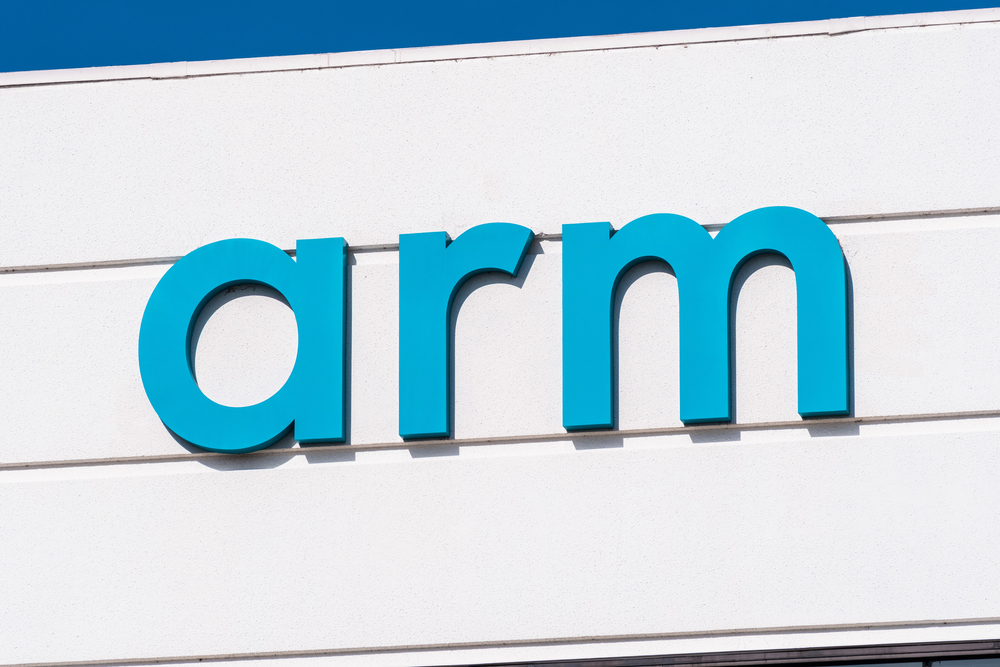
Arm Holdings this week submitted a Form F-1 registration statement to the U.S. Securities and Exchange Commission ahead of its planned initial public offering of its standard shares on the Nasdaq Global Select Market. The specific number of shares and their pricing for this offering are still to be decided, but it is believed that this will be the biggest IPO in years as we are dealing with a key player in the microprocessor design landscape.
Approximately 70% of the global population employs products powered by chips featuring instruction set architecture or designs developed by Arm. In the fiscal year ended on March 31, 2023, various chipmakers shipped 30 billion chips based on Arm's technology, marking a growth of 70% from 2016, reports Nikkei. To date, Arm's technology was used in 250 billion chips and according to SoftBank Group Chairman and CEO Masayoshi Son this figure is anticipated to eventually hit the one trillion mark.
Given the ubiquitous nature of Arm technology, Arm Holdings's valuation is estimated to fall between $60 and $70 billion. Though initial ambitions aimed to raise up to $10 billion, SoftBank's choice to retain a larger portion of Arm might adjust this figure. Arm Holdings is currently owned by SoftBank, a Japanese investment conglomerate, which intends to capitalize on Arm's strengths in traditional markets as well as in the expanding AI computing sector.
"A strong performance from Arm will not only be a major windfall for SoftBank, but also reinforce its AI strategy by showing the market hype around AI has not waned," said Kyle Stanford, an analyst at PitchBook, reports Bloomberg.
Leading tech giants like Amazon, Apple, Intel, Nvidia, and Samsung are reportedly considering becoming anchor investors in Arm's forthcoming initial public offering, according to media reports.
Nevertheless, Arm's trajectory is not devoid of headwinds. Recently released financial documents revealed a slight decline in its revenues, dipping to $2.68 billion in the year that ended this past March. The chip industry at large, remains mired in sales challenges, accentuated by inventory surpluses. Even powerhouses like Apple, Intel, and Qualcomm are not insulated from this downturn. Also, geopolitical tensions, such export restrictions imposed by the U.S. and U.K. against China, further imperil Arm's prospects in the lucrative Chinese market. For example, Chinese companies cannot license Arm's high-performance Neoverse V-series CPU IP used for high-performance computing applications.
But perhaps the biggest challenge for Arm besides economic downturn and government restrictions, is the growing adoption of the open-source RISC-V instruction set architecture by emerging and established applications. While simplistic RISC-V-based SoCs have been addressing emerging applications like smart meters and sensors for a while, recently the technology has been adopted for AI and HPC applications, cash cows for companies like Nvidia.
This forthcoming listing has garnered attention as potentially the most significant IPO this year. If successful, Arm's listing will not only be a beacon of hope for SoftBank but will also be the most significant since Rivian Automotive's $13.7 billion IPO in 2021. The magnitude of this event aligns it with tech behemoths Alibaba's 2014 $25 billion offering and Facebook's 2012 debut of $16 billion.







